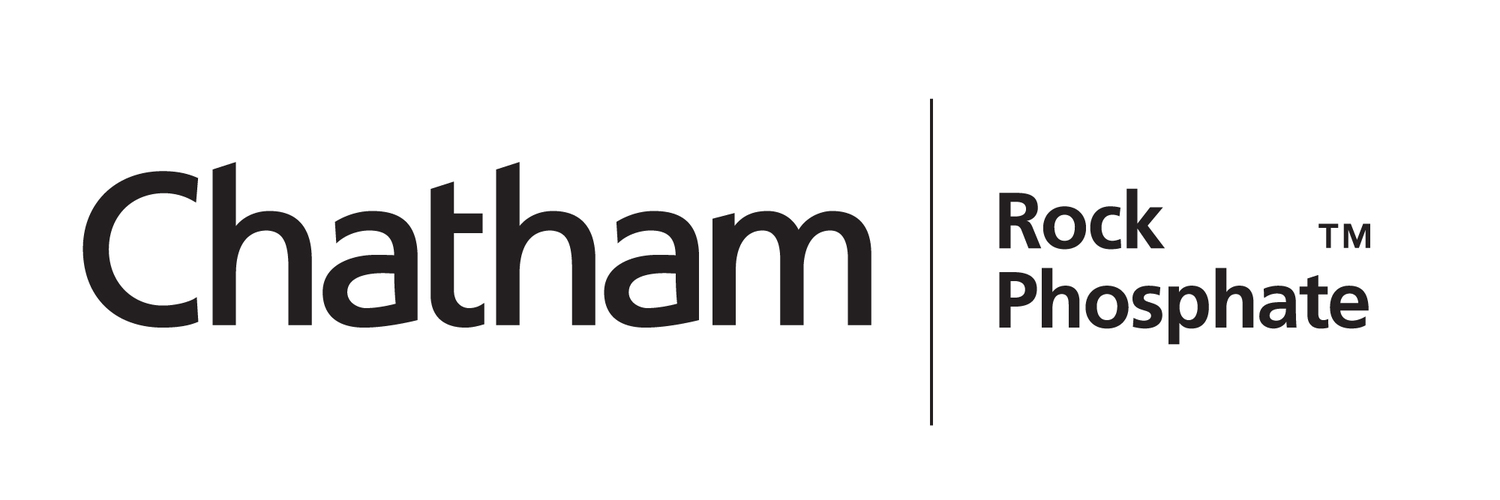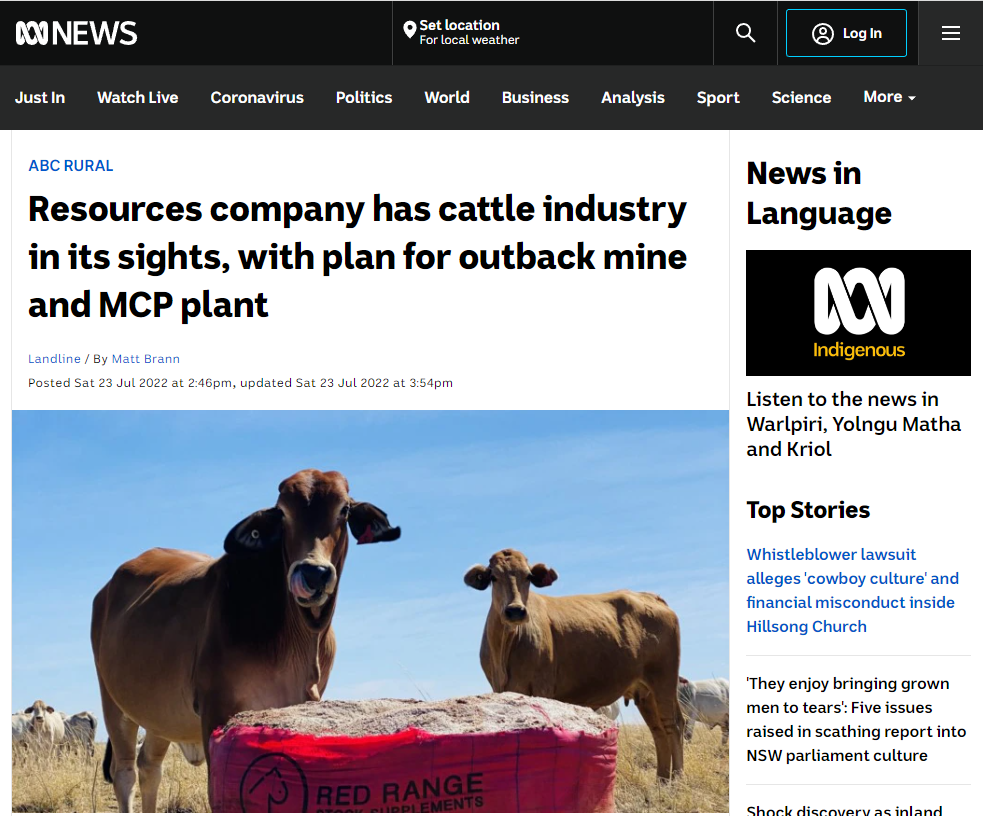Industry Update - Australia joins global commitment to ESG for critical minerals
/13 December 2022
Australia has joined an international grouping to commit to sustainability and the highest environmental, social and governance standards for the mining and processing of critical minerals, which are essential components for low-emissions technologies.
Australia has signed on to the Sustainable Critical Minerals Alliance, which is an initiative led by Canada to promote sustainable, environmentally and socially responsible mining practices for the critical minerals sector. Other signatories will include Canada, the United Kingdom, France, Germany and the United States.
Australia has abundant reserves of critical minerals, including rare earths, which are essential inputs to clean technologies such as solar panels, wind turbines, and electric vehicle batteries.
Minister for Resources and Northern Australia Madeleine King said mining and processing of critical minerals are crucial to help the world lower emissions, and it was important those minerals are developed to high ESG standards.
“Australia is strongly committed to sustainability and the highest environmental and social governance standards, and we believe the development of new low-emissions technologies provides a great opportunity to promote those ESG standards across the world,” Minister King said.
“Australia congratulates Canada for taking the initiative, and we are proud to become a foundation member of the Sustainable Critical Minerals Alliance.”
Members of the group commit to voluntarily working to develop and use critical minerals that:
Employ a nature forward approach by collaborating with industry on practices that prevent biodiversity loss, protect species at risk and support nature protection, including driving towards net-positive benefits to the natural environment;
Support local and Indigenous communities by promoting safe working conditions and responsible labour standards, diverse and inclusive workforces, supporting Indigenous and local community benefits, and respecting the rights of local and Indigenous peoples;
Help fight climate change by reducing greenhouse gas emissions and working towards achieving net-zero emissions by no later than 2050 by promoting net-zero mining practices;
Restore ecosystems by adopting requirements for reclamation and remediation to close and return mine sites to their natural state, and holding responsible parties accountable for environmental harm; and
Build a circular economy by accelerating the reuse and recycling of critical minerals, which may reduce the number of new mines to supply the minerals needed.
The Sustainable Critical Minerals Alliance was launched on the sidelines of the UN Biodiversity Conference (COP15) in Montréal on 12 December 2022.















 +64 21 5581985
+64 21 5581985 chris@crpl.co.nz
chris@crpl.co.nz PhosphateKing
PhosphateKing